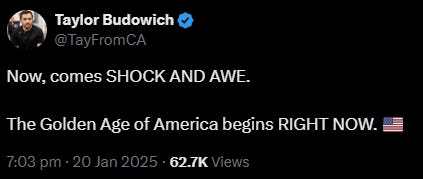The Chaos You're Feeling is by Design
How Bezmenov’s Warnings and Durkheim’s Anomie Explain The United States in 2025
Keep reading with a 7-day free trial
Subscribe to usa.mom.in.germany’s Substack to keep reading this post and get 7 days of free access to the full post archives.




